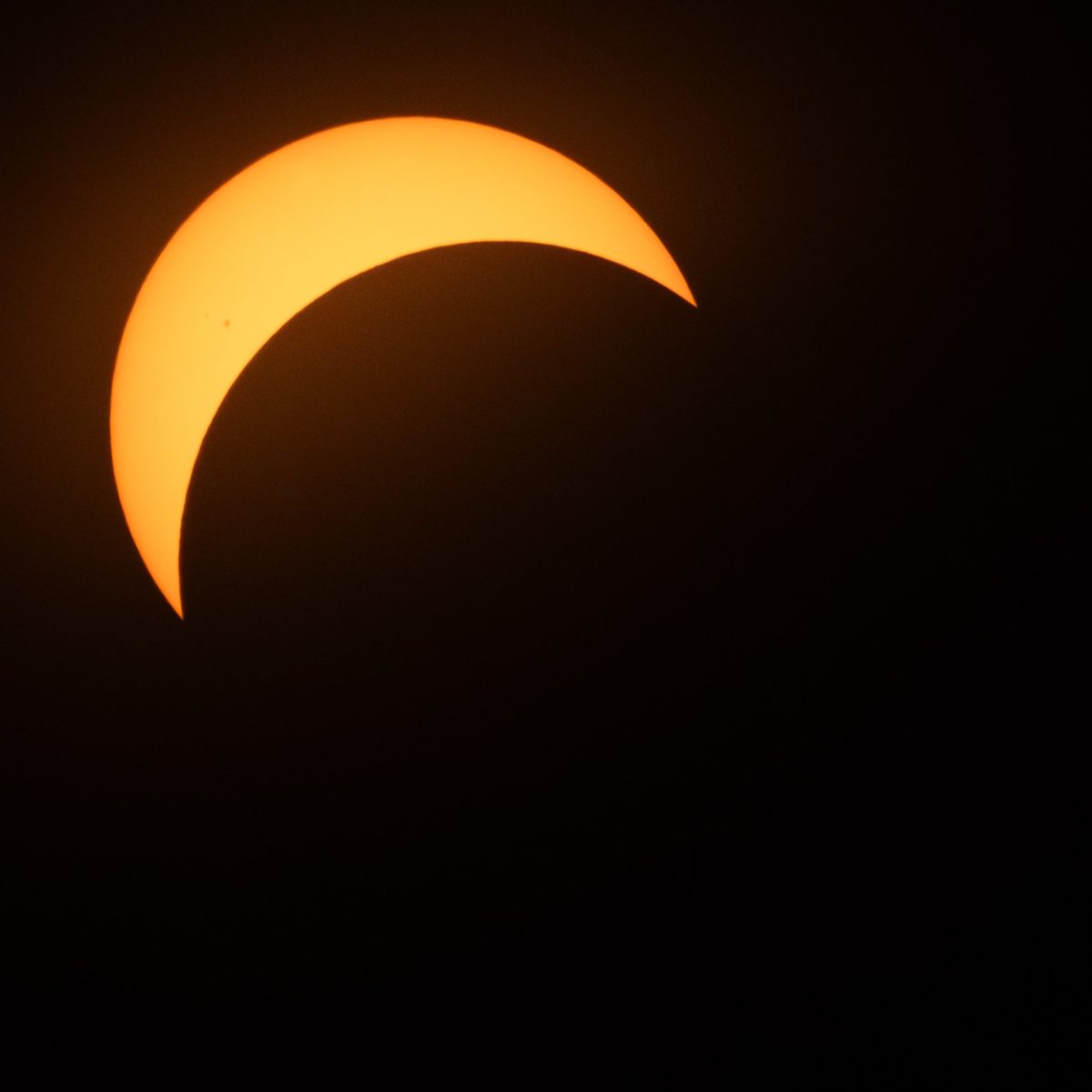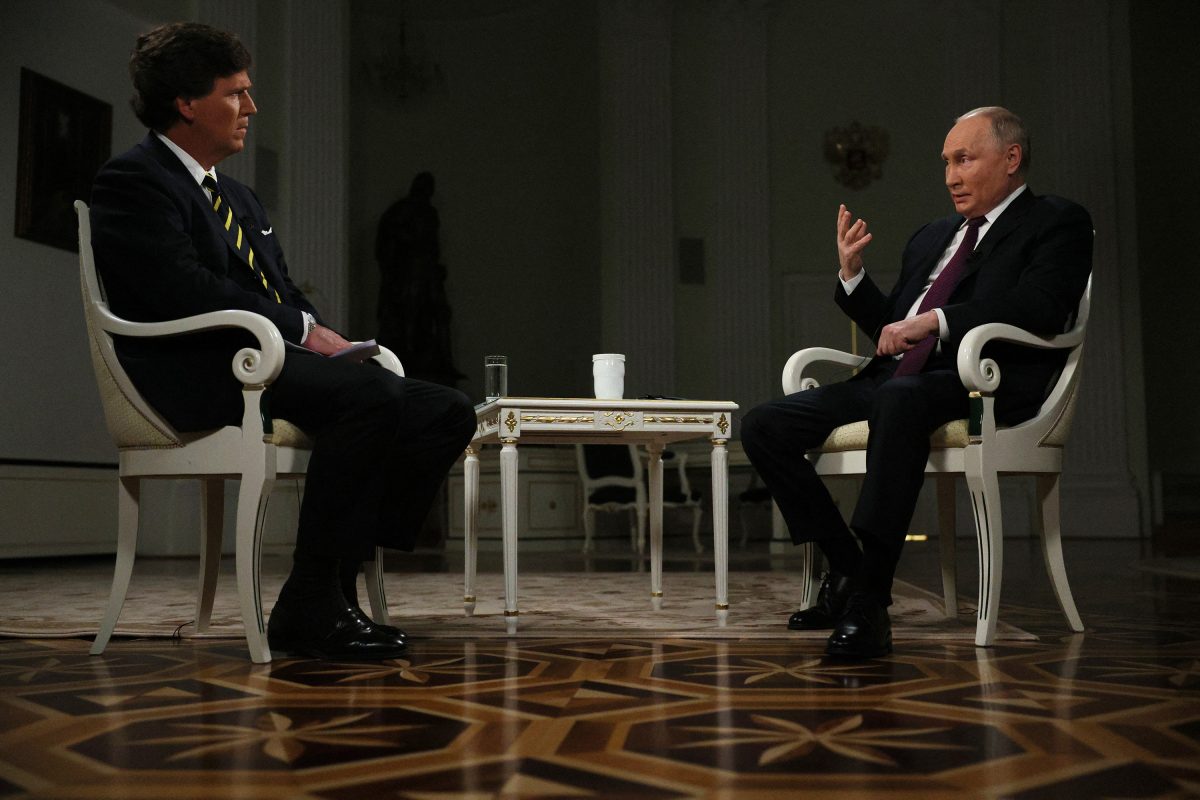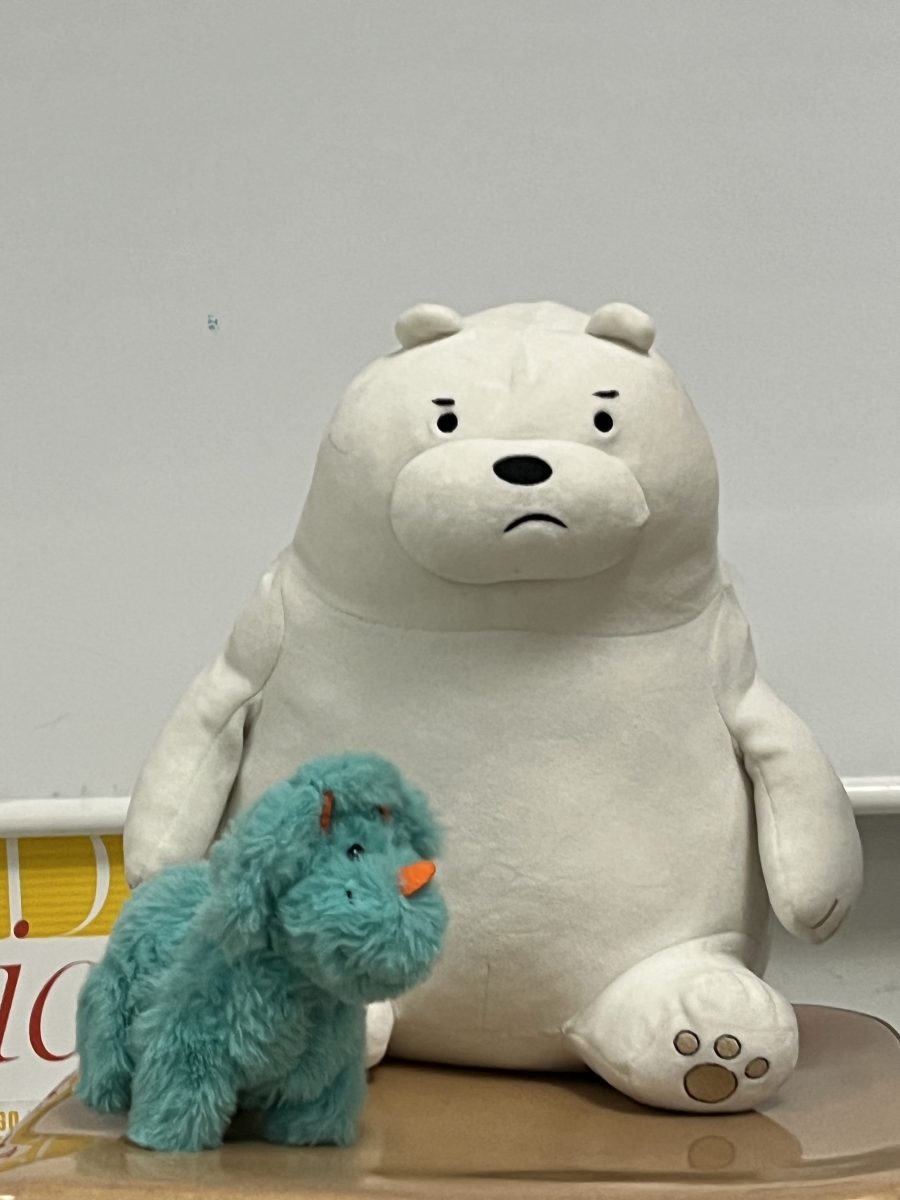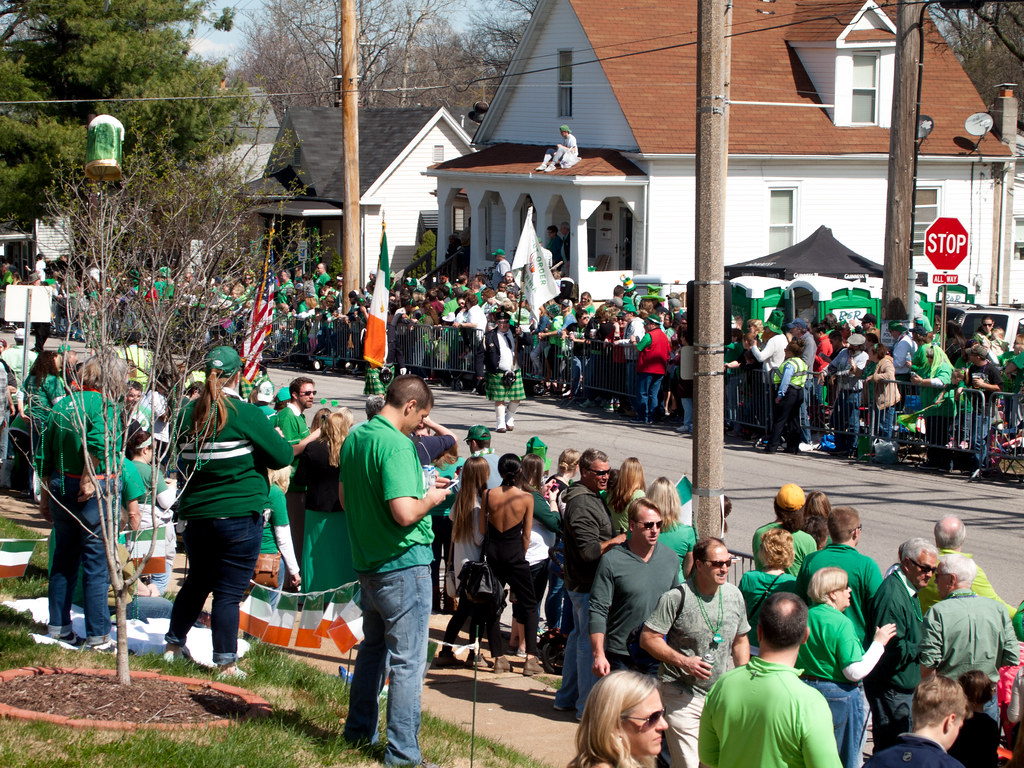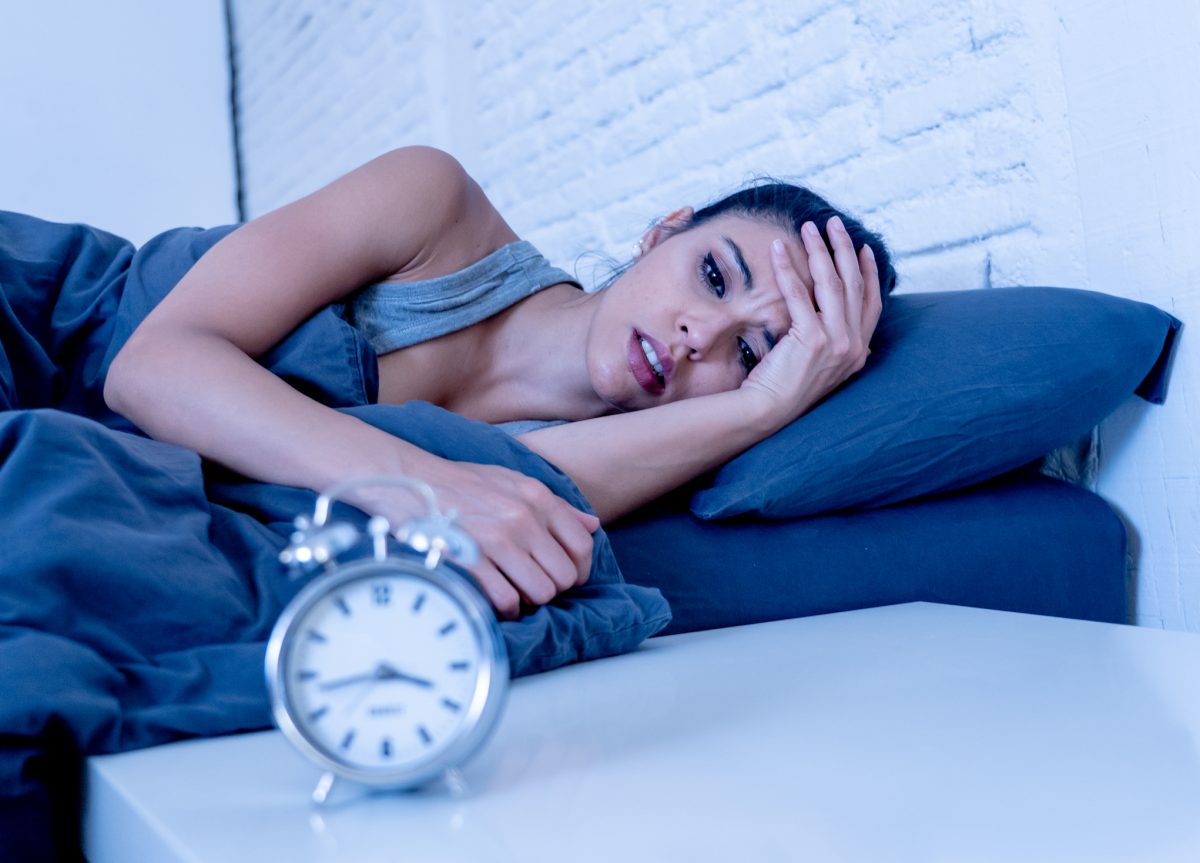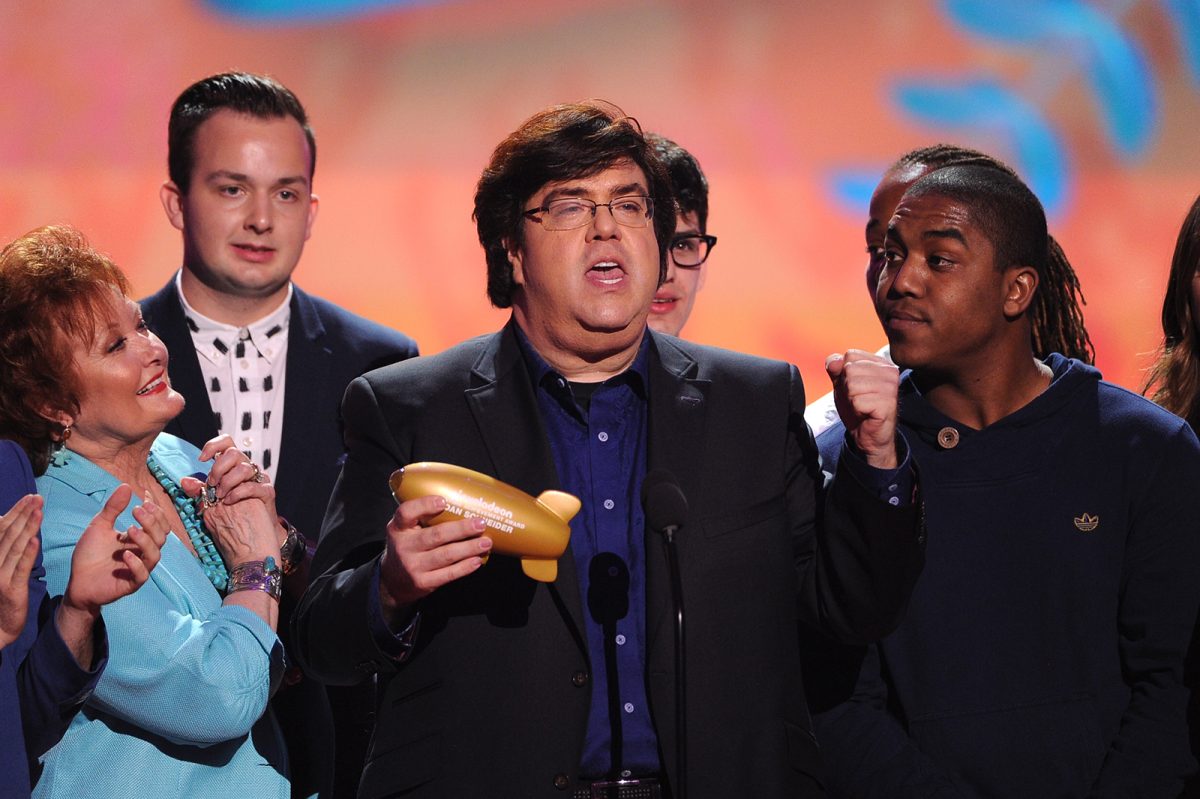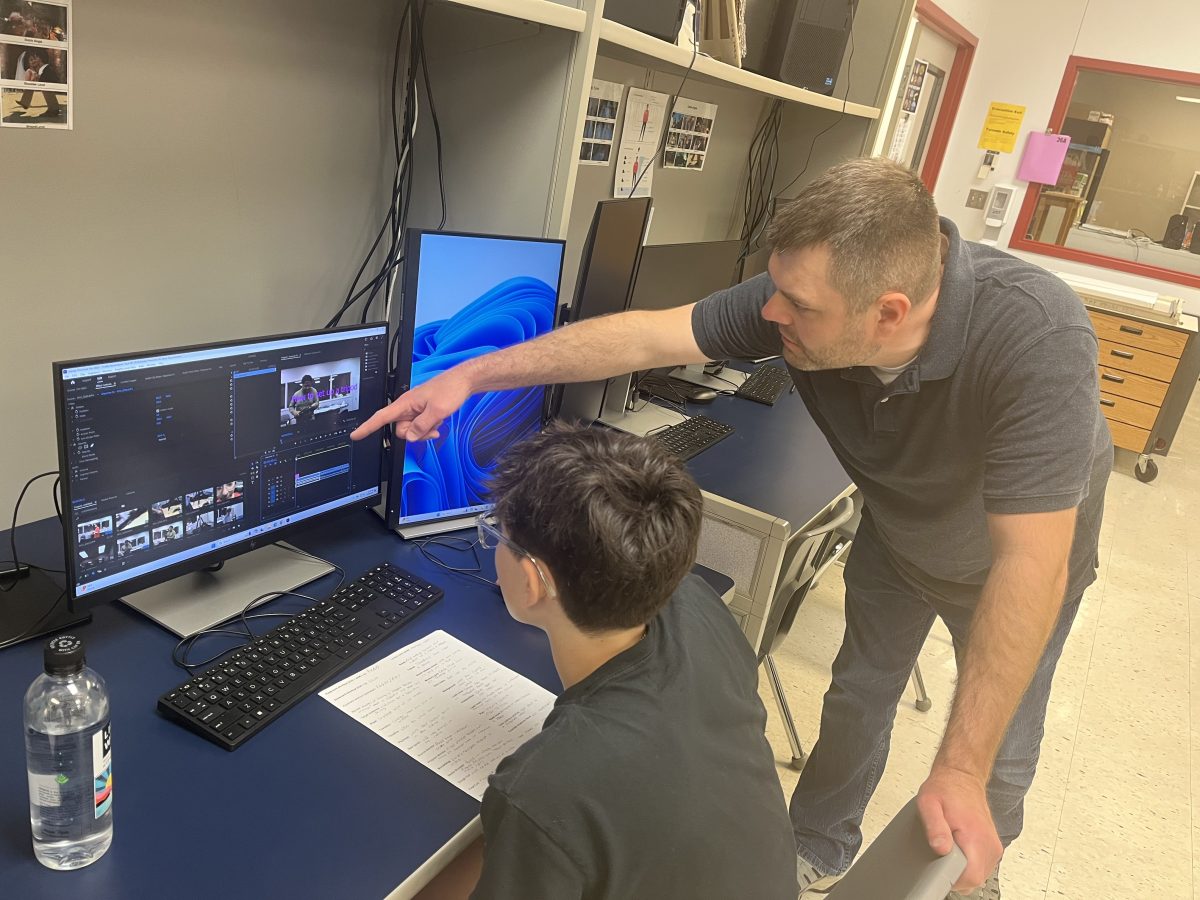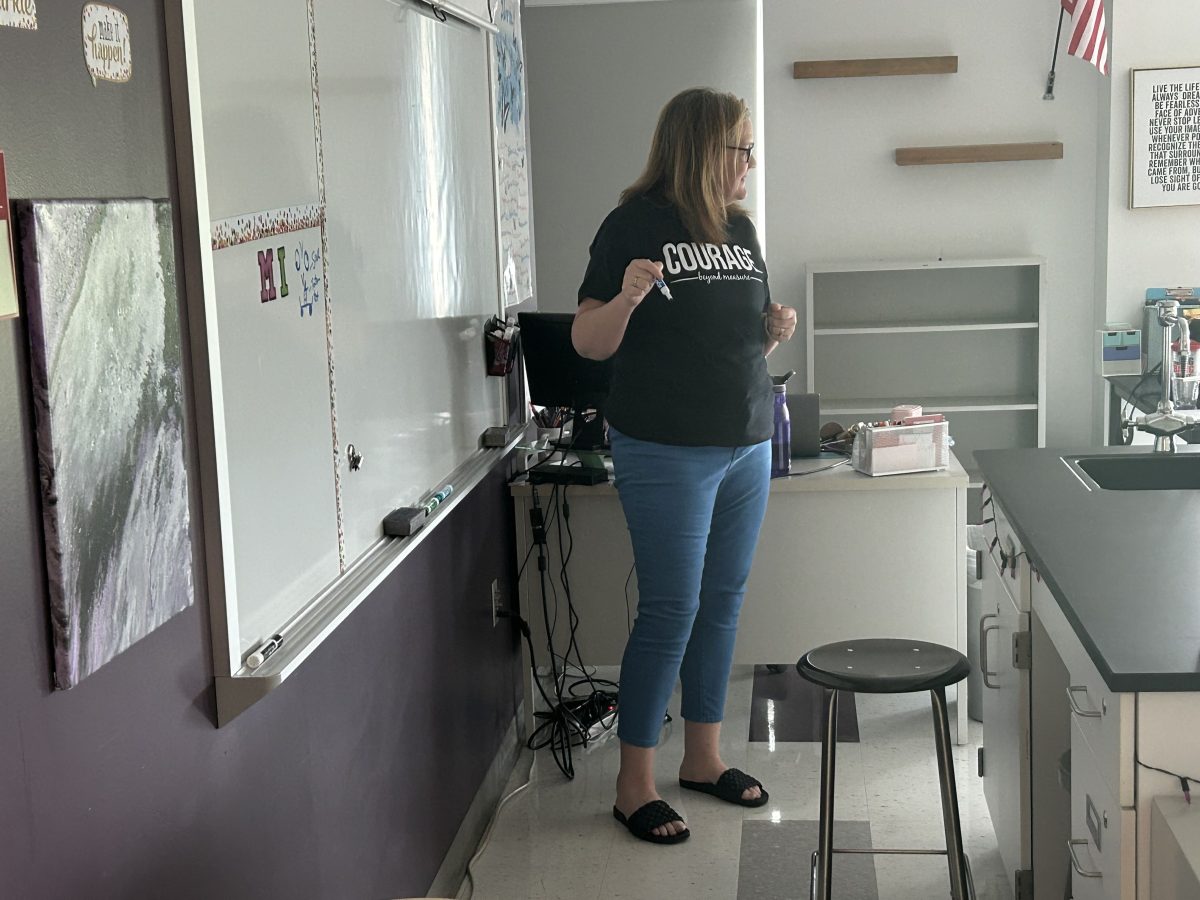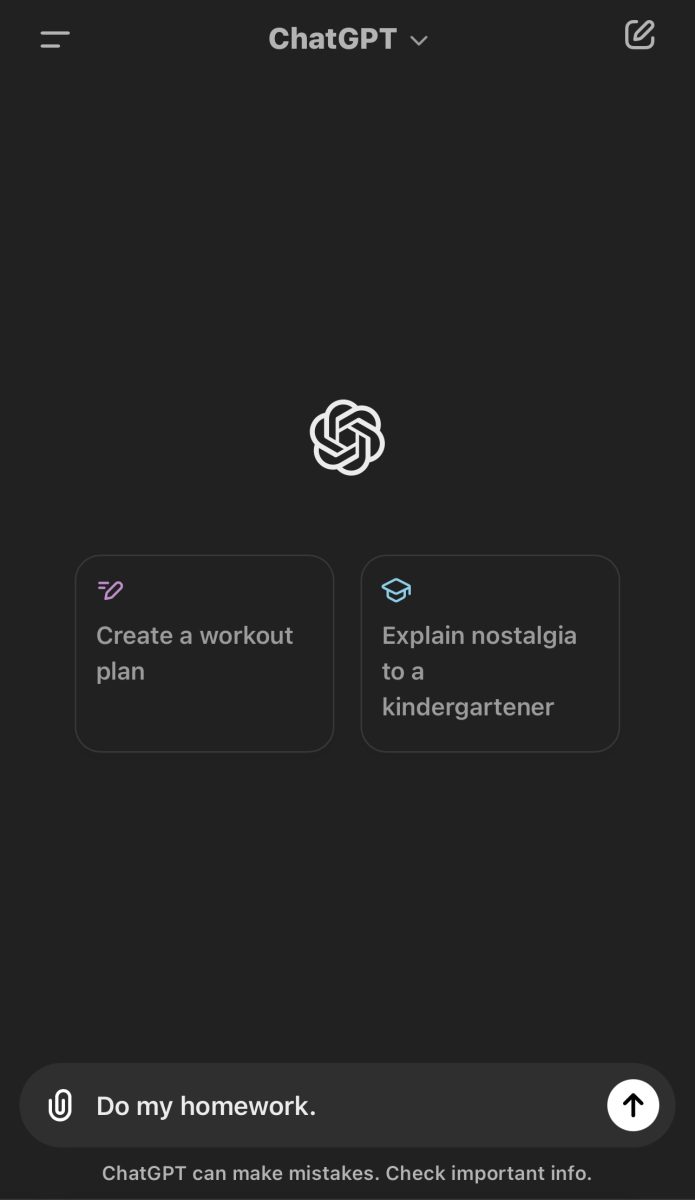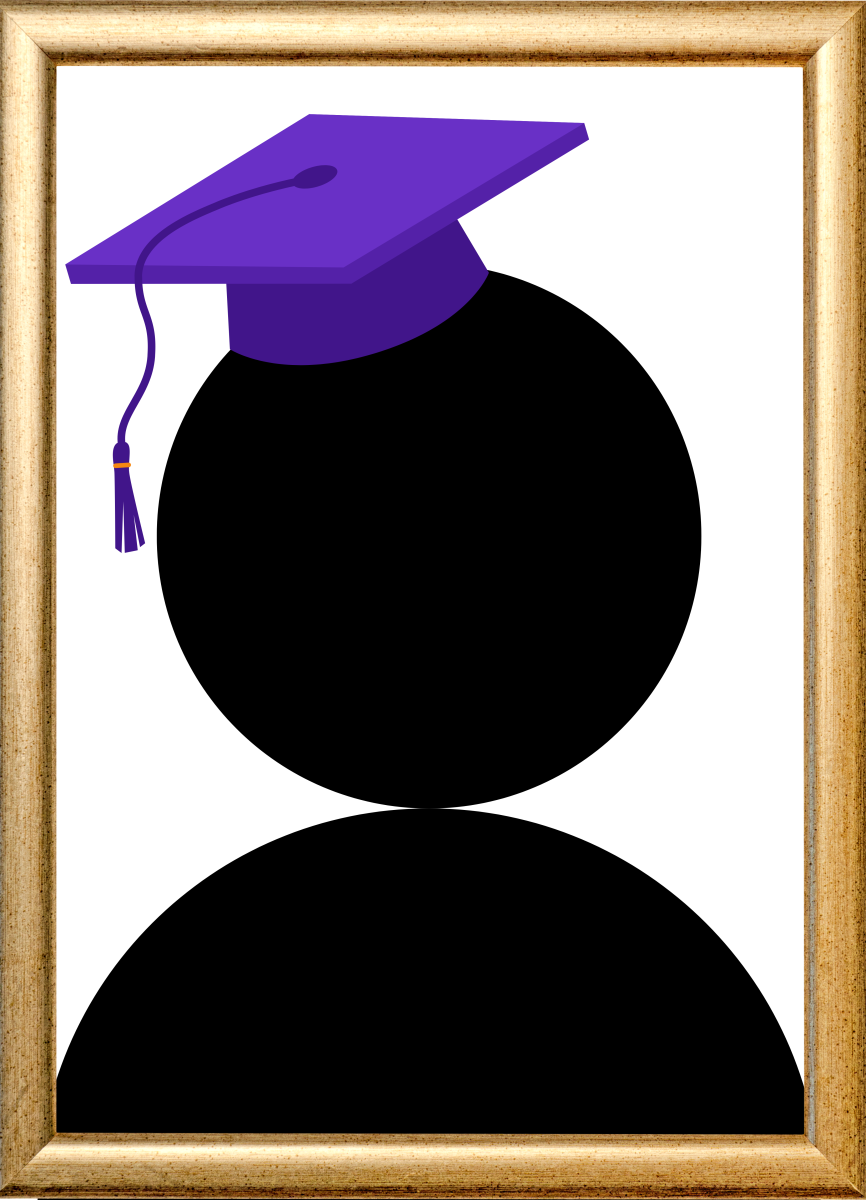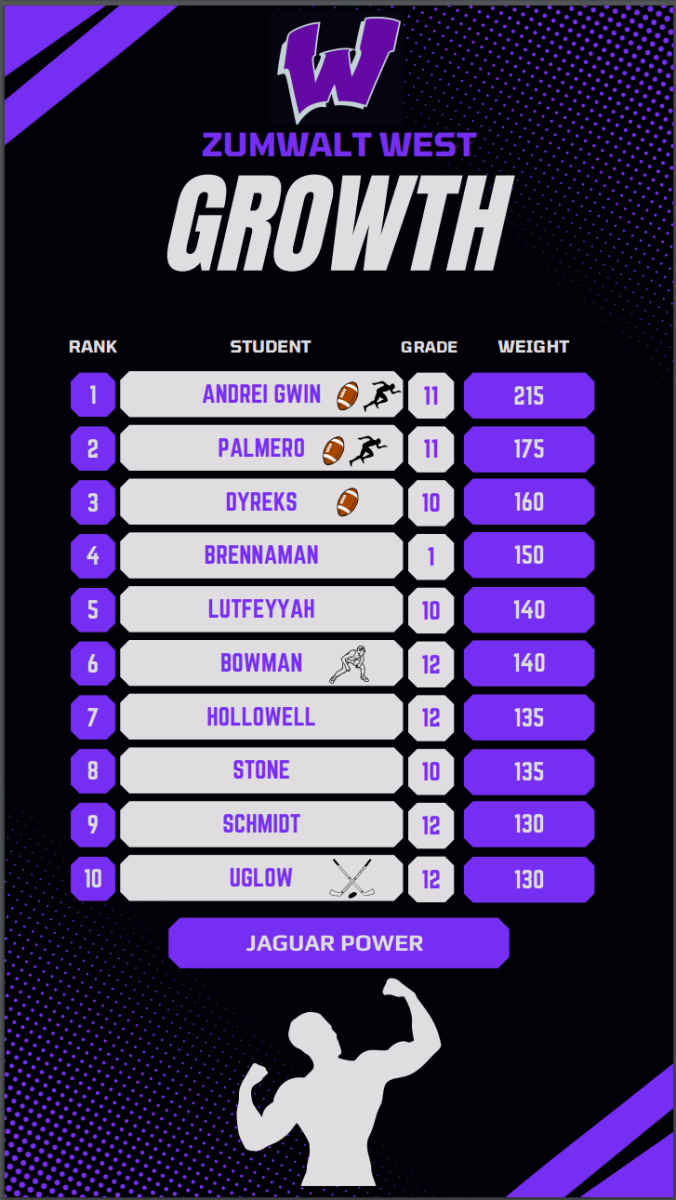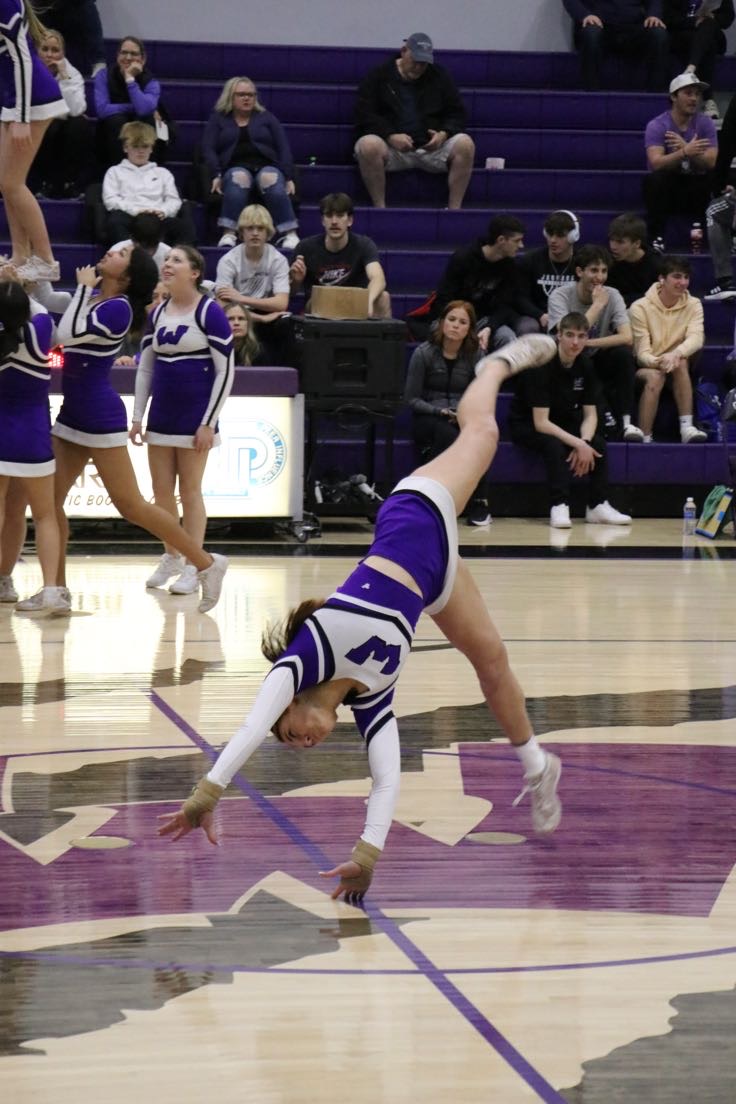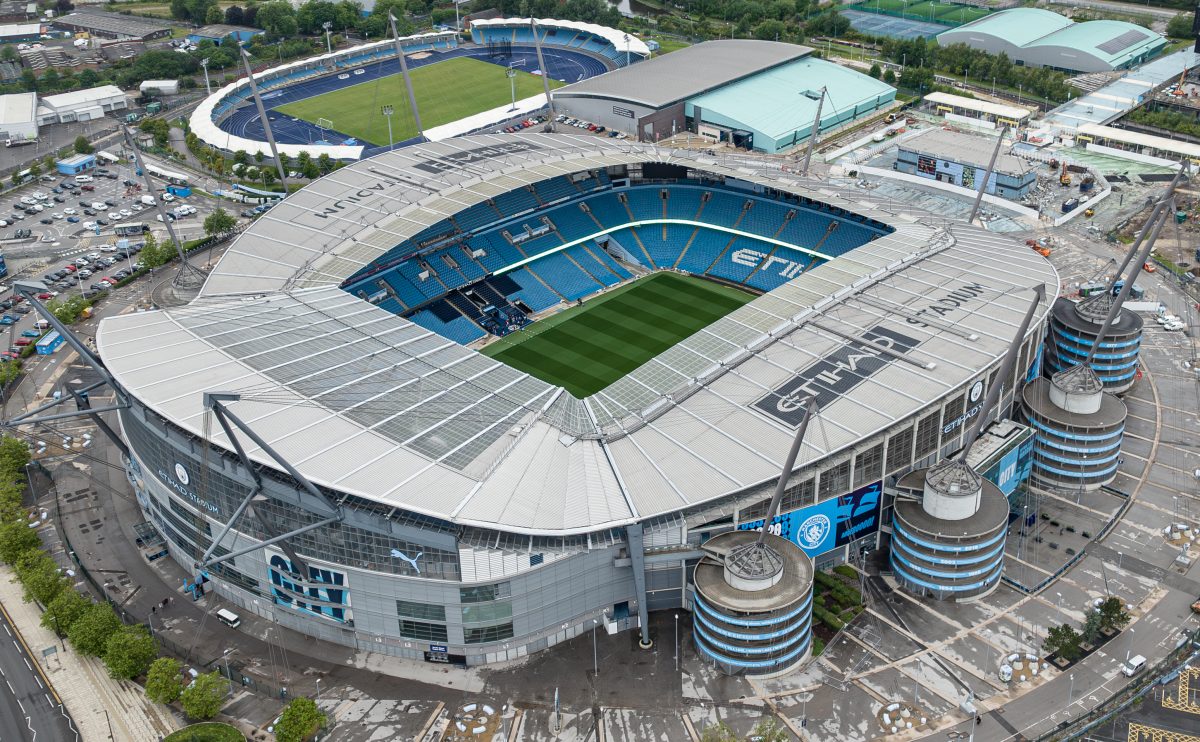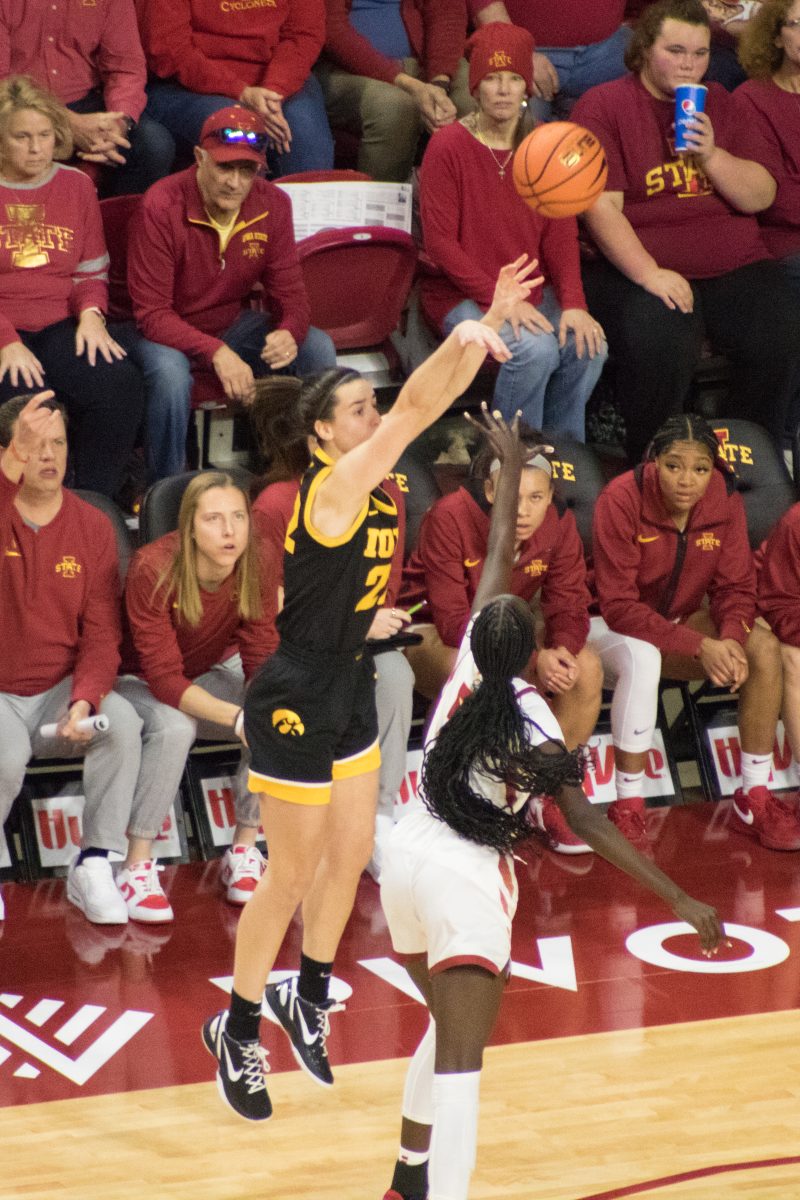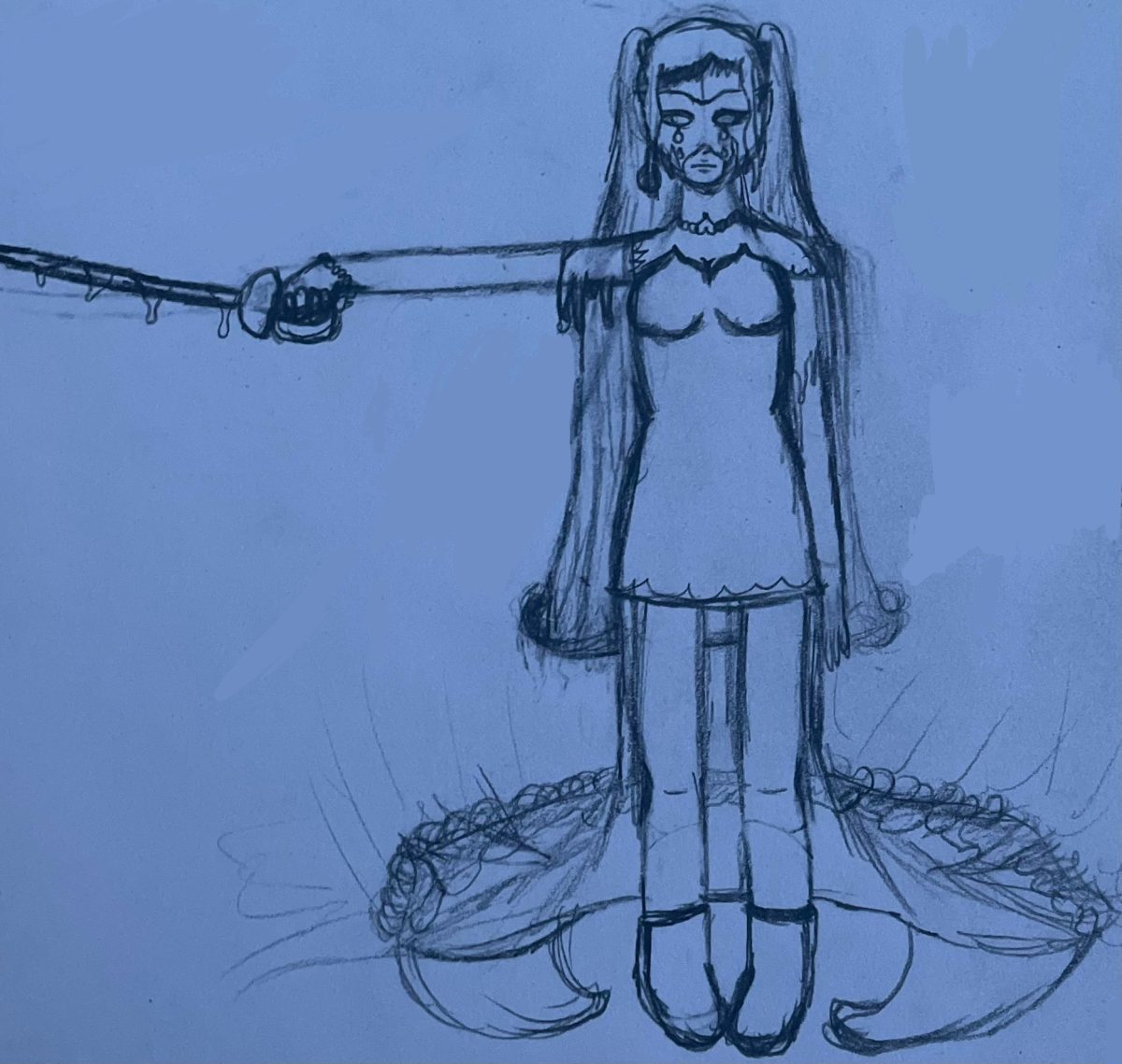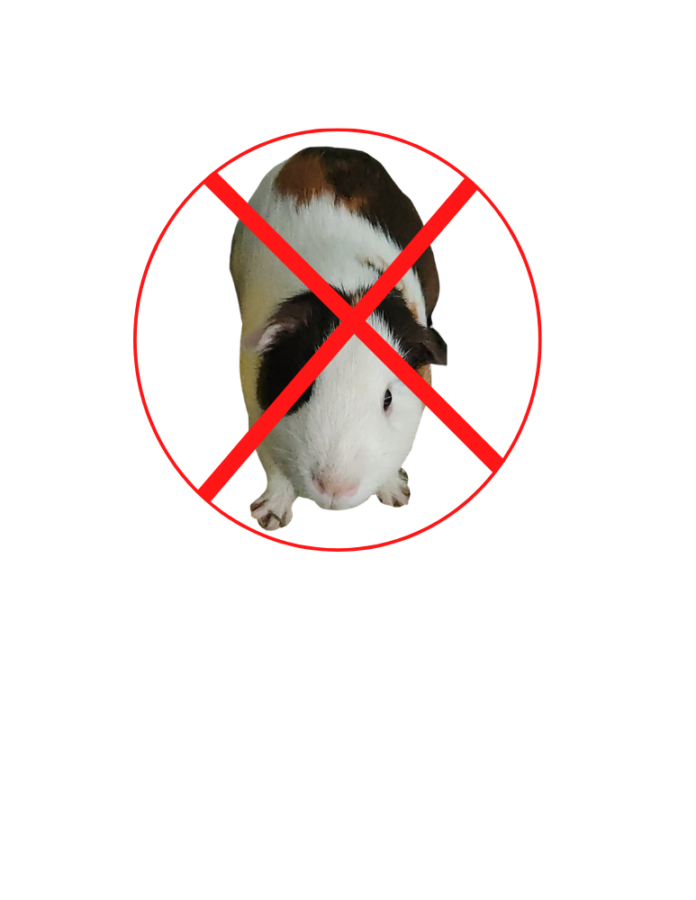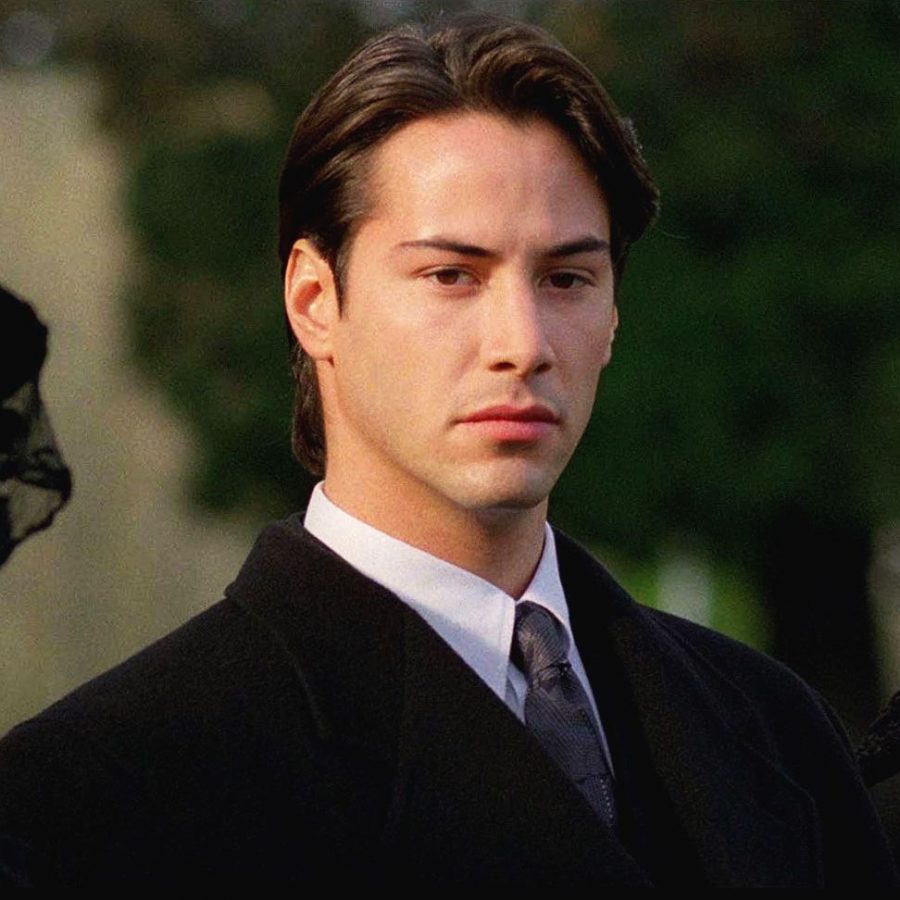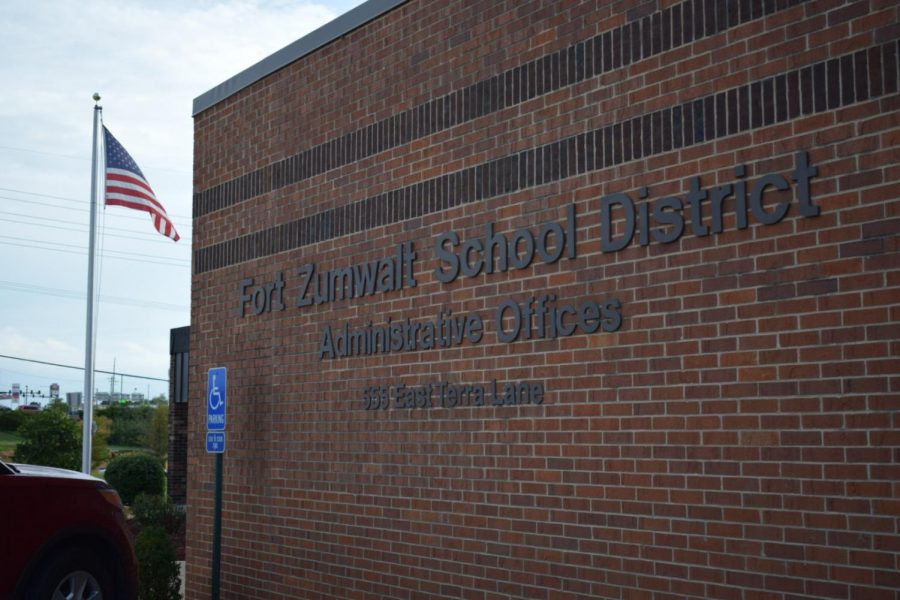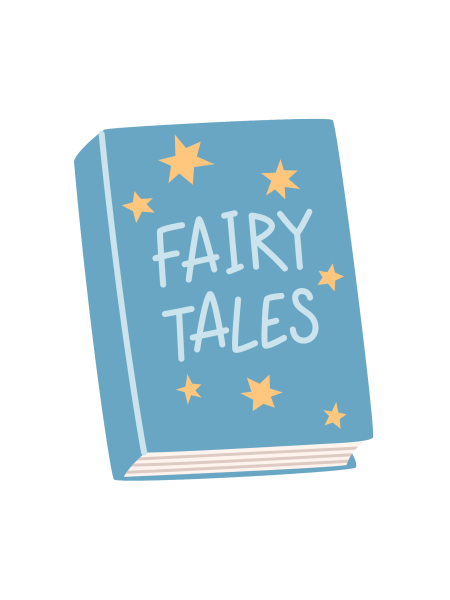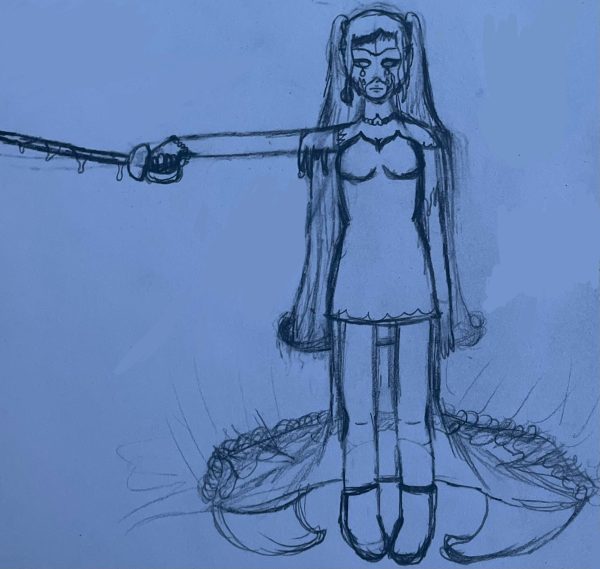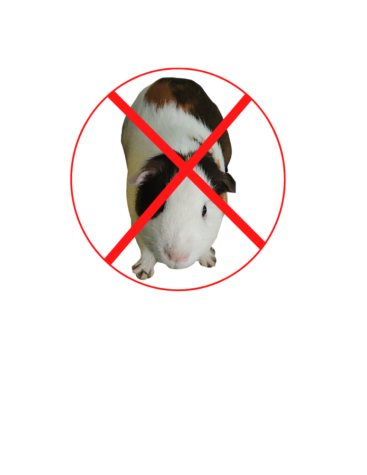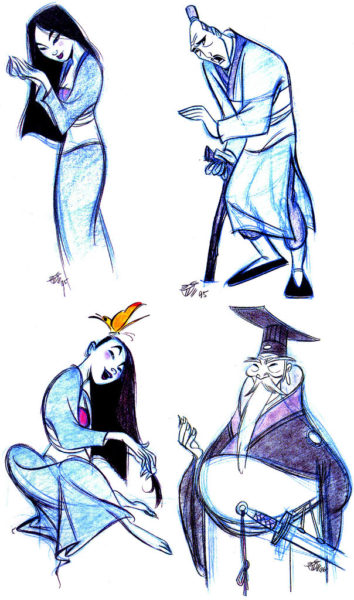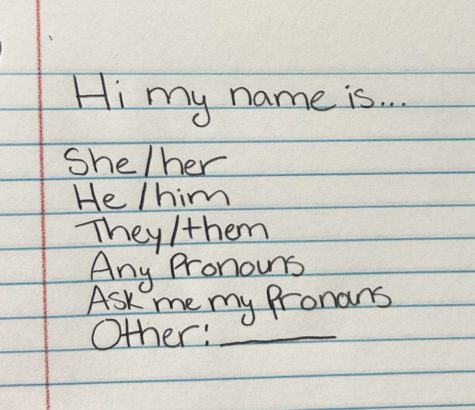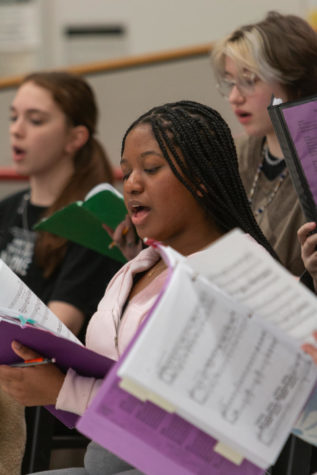Picking Favorites
How limiting clubs proves the district values sports more
The district office for the Fort Zumwalt West school district.
Due to COVID-19’s malicious grip on normal life, the district has decided to limit the number of clubs allowed to be active during the first quarter. However, fall sports have been allowed to continue. The school district has not only eliminated opportunities that are crucial for success beyond high school, but they have begun to poke at a much larger beast, state and federal standards. By enforcing this rule, the school administration is contributing to a harsh reality: society believes athletes are more important than academically-inclined students.
“The community is adamant that we’re going to have MSHSAA activities, so then that became the threshold,” head principal Neil Berry said. “If it’s a MSHSAA sanctioned activity, we will offer it. Our community wouldn’t tolerate us saying we’re not going to have football, but they will tolerate it if we don’t have [clubs].”
The community’s push for sports influenced the administration’s decisions greatly. Parents will march on the school for football, but not for activities like Gender-Sexuality Alliance (GSA). Although Speech and Debate, Theater, Choir and other clubs are offered by MSHSAA, they are not under MSHSAA rule until the spring.
For fall sports, participants may remove their masks while doing an activity that is strenuous. This includes competitive events when contact sports have close interactions with students from other schools.
Clubs, however, can easily social distance. In fact, they will be able to interact in the same way students do in their classes. On Sept. 2, National Honor Society (NHS) held a meeting with nearly 100 students in the auditorium. Members were two seats and one row away from all other students. If a large club like NHS can handle social distancing, then small clubs can, too.
“I think that every club at the school probably feels like they’ve been knocked down a peg or two, especially after they did everything they could for sports and band,” Speech and Debate member Micah Lucks said. “It’s obvious the school sees clubs as being second tier.”
It is often argued that sports are needed for college recruitment, but clubs are just as essential for admission for non-athletes. Competitive clubs like Speech and Debate, Youth and Government (YAG) and Choir provide opportunities for students to excel in different subjects and gain leadership positions. The state is moving on with these competitions whether this district is ready or not. YAG and Speech and Debate have already been scheduled with no COVID-19 delay.
Not only do they aid with college, after-school programs improve classroom behavior, school attendance, academic inspirations and can reduce the likelihood that a student will drop out, according to the Wisconsin Department of Public Instruction.
“I learned more from being a part of the [Speech and Debate] team that prepared me to be successful than anything,” Berry said. “Those [skills] I used for the rest of my life and still use them today.”
It is imperative that educators are mindful of how after-school activities provide a sense of inclusion for every student. The MSHSAA handbook, The Every Student Succeeds Act (ESSA) and Individuals with Disabilities Education Act (IDEA) outline the importance of equal opportunity for all students.
The 2020-2021 MSHSAA handbook defines its philosophy in article 2.3.1 stating, after-school activities should be for all enrolled students. By not allowing students to participate in clubs, the district is in violation of this handbook.
Any school provided adequate funding should be instilling programs and activities for a well-rounded education according to ESSA section 4107. The act goes into detail in regards to the activities required. Drama Club, Jazz Band, Art Club, YAG, DECA, Math Club and Computer Club are a few examples of activities eliminated this year that would fit among these requirements.
IDEA claims to improve education for children with disabilities by ensuring equality of opportunity and full participation for individuals with disabilities. Students with a handicap, whether mental or physical, may not be able to participate in sports. By eliminating their after-school activities, the district is not offering equal opportunities.
The district must look to what the state and national government require before they prioritize and eliminate programs. All extracurricular activities are vital for the success of students.
“The [decision] came from the district office,” Activities Director Neil Nowack said. “I think they [cut activities] to limit the number of people in the school after hours to help our custodians to disinfect and clean the way we need them to.”
However, most clubs are finished meeting well before 6 p.m. If they are not, a curfew for students and staff could easily be set. This provides the custodians with the time they need and allows students to participate in their respective clubs.
“It’s not as simple as we care about sports and don’t care about clubs,” Berry said. “It’s not like that. And it may not appear logical, but we must draw the line somewhere. As long as we limit, there will be some students upset. I appreciate that we have been allowed to offer as much as we have.”
Students are experiencing frustration because of the absence of clubs, but ultimately, all they want is their activity back. Clubs are a place for students to belong and grow in their interests, whether that be government, public speaking, fine arts, the medical field or anything else. The administration and Board of Education have a duty to provide an all-encompassing education, despite what the community says is more valuable.

